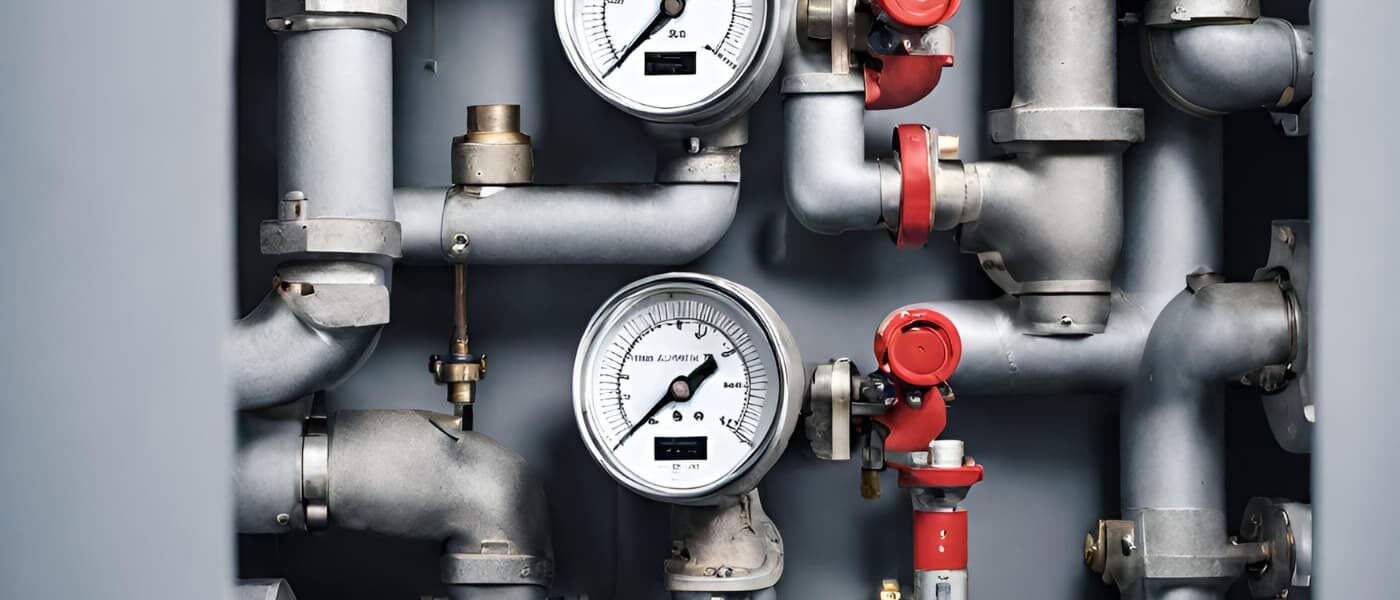In the intricate world of HVAC systems and industrial processes, damper actuators quietly perform a pivotal role, controlling the flow of air and ensuring optimal environmental conditions. In this comprehensive guide, we will explore the art of choosing the perfect damper actuator for your application. We will delve into the different types of damper actuators, discuss critical factors to consider, and spotlight two trusted brands, KMC damper actuators and Johnson Controls.
Understanding Damper Actuators
Damper actuators are the unsung heroes that regulate the airflow in HVAC systems and industrial processes. Their primary function is to control the position of dampers, which are used to manage the flow of air or gases. By adjusting the position of dampers, damper actuators ensure that the right amount of air is delivered to specific areas, maintaining temperature and air quality while optimizing energy usage.
Types of Damper Actuators
Damper actuators come in various types, each with its strengths and limitations. The three primary types are electric, pneumatic, and hydraulic damper actuators.
- Electric Damper Actuators: These actuators utilize electric motors to control damper movement. They are known for their precision and versatility, making them suitable for a wide range of applications. KMC damper actuators, in particular, are recognized for their precision and reliability, making them an ideal choice for HVAC systems in commercial buildings.
- Pneumatic Damper Actuators: Pneumatic actuators use compressed air or gas to operate dampers. They are favored for their rapid response and suitability for hazardous environments. Johnson Controls damper actuators offer pneumatic solutions that excel in industrial settings, where quick adjustments and safety are paramount.
- Hydraulic Damper Actuators: Hydraulic actuators rely on pressurized hydraulic fluid to move dampers. They are known for their high force capabilities and durability, making them suitable for heavy-duty applications in industries such as manufacturing and construction.
Factors to Consider in Selection
Choosing the right damper actuator requires careful consideration of several factors:
- Application Type: The specific application, whether it’s an HVAC system, an industrial process, or a commercial building, plays a crucial role in determining the type of damper actuator needed.
- Size and Load: The size and load capacity of the dampers must align with the capabilities of the damper actuator.
- Environmental Conditions: Consider the environmental conditions in which the damper actuator will operate, including temperature, humidity, and exposure to corrosive elements.
- Control Requirements: Evaluate the control precision and automation capabilities required for your application.
KMC Damper Actuators: Precision and Versatility
KMC damper actuators are renowned for their precision and versatility. These actuators offer accurate control and reliability, making them suitable for a wide range of HVAC applications. Whether it’s a commercial building requiring precise temperature control or an industrial facility with complex airflow management needs, KMC damper actuators deliver consistent performance.
For example, in a large office building, KMC damper actuators ensure that each zone receives the right amount of conditioned air, optimizing energy usage and providing occupant comfort.
Johnson Controls Damper Actuators: Performance and Reliability
Johnson Controls damper actuators are engineered for performance and reliability. These actuators are designed to meet the diverse needs of industries, from HVAC systems to industrial automation processes. Their reputation for precision and durability makes them a preferred choice for critical applications where reliability is paramount.
In a manufacturing facility, Johnson Controls damper actuators ensure that ventilation systems maintain precise airflow rates, creating a safe and efficient working environment.
Application-Specific Guidance
Choosing the right damper actuator can vary significantly depending on the application. For HVAC systems, precise control of airflow is crucial to maintain comfort and energy efficiency in commercial buildings. Industrial processes, on the other hand, may require rapid adjustments to ensure safety and productivity. Consulting with experts and manufacturers like KMC and Johnson Controls can provide valuable insights into selecting the most suitable damper actuator for your specific needs.
Installation and Maintenance Considerations
Proper installation and regular maintenance are essential to ensure the longevity and performance of damper actuators. Follow manufacturer guidelines and best practices to install damper actuators correctly. Additionally, establish a maintenance schedule to inspect and lubricate components, replace worn parts, and ensure continued reliable operation.
Case Studies: Success Stories
Real-world case studies demonstrate the significant impact of choosing the right damper actuator. In a healthcare facility, the use of KMC damper actuators in the HVAC system led to substantial energy savings while maintaining comfortable patient environments. In an industrial setting, Johnson Controls damper actuators played a crucial role in optimizing airflow in a chemical manufacturing plant, enhancing safety and productivity.
Conclusion
Selecting the right damper actuator is a critical decision that directly impacts temperature control, air quality, and energy efficiency in HVAC systems and industrial processes. The choice between electric, pneumatic, or hydraulic damper actuators should align with the specific application’s requirements.
KMC damper actuators and Johnson Controls damper actuators stand as trusted solutions, each with its strengths and capabilities. As technology continues to advance, these components will continue to play a vital role in the seamless operation of critical systems across industries. By carefully considering the factors discussed in this guide and consulting with experts, you can ensure that your choice of damper actuator enhances system performance, energy efficiency, and overall reliability.
